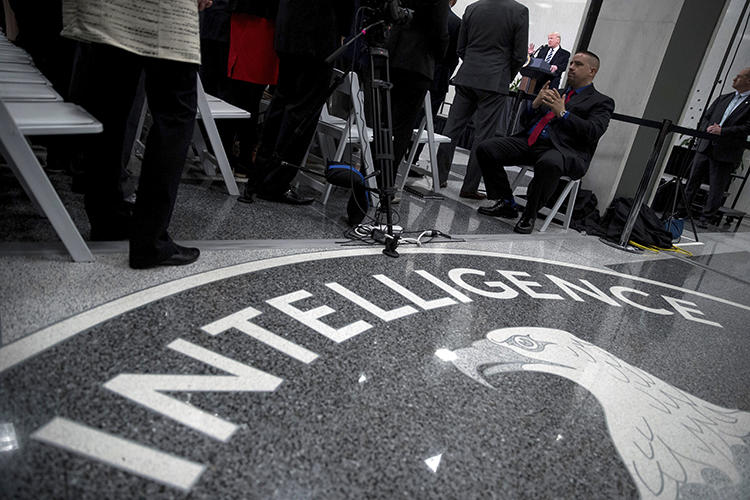The Committee to Protect Journalists filed a brief in the U.S. District Court for the District of Columbia yesterday asking the court to release documents regarding Washington Post columnist Jamal Khashoggi’s murder, which the U.S. government claimed in court documents are exempt from Freedom of Information Act requests.
Khashoggi was killed in the Saudi consulate in Istanbul, Turkey, on October 2, 2018, according to CPJ research. A report released by the CIA in November found that Crown Prince Mohammed bin Salman ordered the journalist’s murder, according to The Washington Post.
The brief stems from Freedom of Information Act requests that CPJ filed along with the Knight First Amendment Institute at Columbia University in late 2018. The brief seeks the disclosure of documents concerning the U.S. intelligence community’s “duty to warn” obligations, which require U.S. officials to notify individuals who they believe may be in imminent danger. The Trump administration previously issued court documents to CPJ declining to disclose any such documents relating to Khashoggi’s case, saying it could neither confirm nor deny the existence of such files for national security reasons.
The brief argues that the national security rationale is inadequate because it fails to satisfy the public’s right to know information about the Khashoggi case and because such a rationale may be used to hide embarrassing or incriminating behavior by U.S. state actors. The brief also argues that U.S. State Department officials have already publicly claimed that they had no advance knowledge of Khashoggi’s killing, as reported by news outlets, which contradicts the government’s position that confirming or denying the existence of such knowledge would harm national security.
In the brief, CPJ notes that it respects the Intelligence Community’s right to protect national security and to guard its sources and methods; the brief requests that the Washington, D.C., District Court consider reviewing any such documents in private, to judge if the national security arguments are valid.
The brief can be read here.
